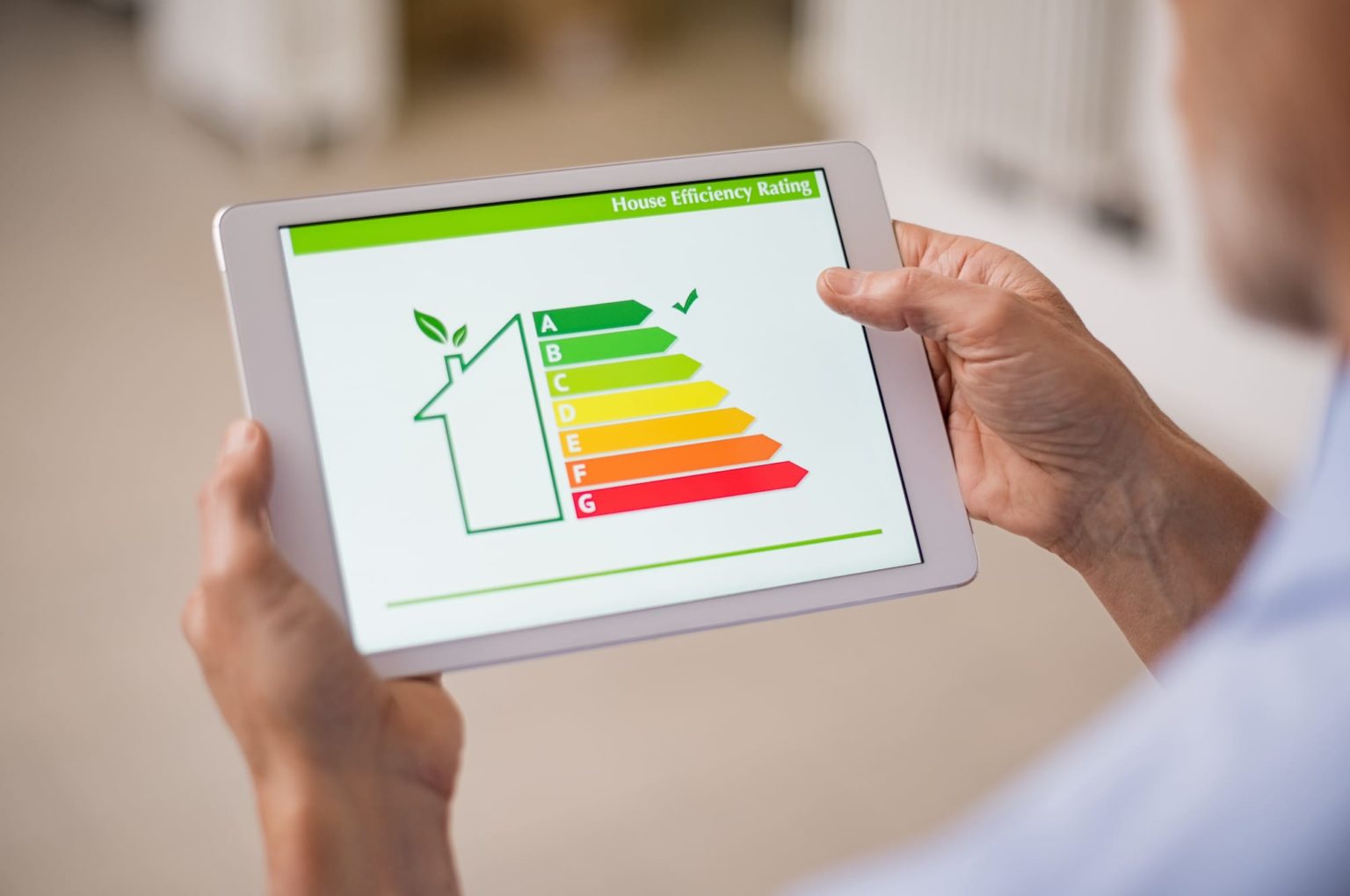WHAT YOU CAN DO
With the government committed to reducing greenhouse gases, particularly CO2, what can we do individually or as family units to ‘do our bit’?
Heating and other activities in domestic homes are responsible for 15 per cent of greenhouse gas emissions in the UK, so let’s look at what measures we could take to make our homes more efficient and potentially save on our energy bills.
Insulation
Poor insulation leads to 45 per cent of heat loss. Cavity wall insulation stores heat within inner walls, while loft insulation sits between the joists in the roof space. Also consider floor insulation too.
Costs vary depending on house size, but budget for £500 to £1,000. Consumer body Which? and the Energy Saving Trust calculate you could pay for it with reduced energy bills after five years.
Solar Power
Solar panels convert sunlight into electricity and can be a way of reducing your electricity bills by selling electricity generated by your panels to the National Grid under the Smart Export Guarantee tariffs scheme.
Depending on the size of your roof and the number of panels you have, prices can start from £5,000 for a three bedroom house. However, effective capture of solar energy depends on the weather and the siting of the panels. The best position is on a south facing roof. Therefore, it can take anywhere between ten and twenty years to recoup initial costs in electricity bill savings, at existing rates.
Double Glazing
Double or triple glazing will help cut energy bills but, without blinds and particularly if the windows are south facing, double glazing can magnify the effect of sunshine and cause overheating.
Double glazing a typical three bedroom home is likely to cost between £5,000 – £7,000.
Low energy lighting
According to research from the Energy Saving Trust, if all 28 million homes in Britain switched to 100% LED bulbs, we could save 1.7 million tonnes of CO2 emissions annually. Replacing every bulb in a typical house with LED lights could cut carbon dioxide emissions by 75 per cent.
A traditional halogen bulb lasts around two years or 2000 hours, based on three hours’ daily use. An LED under similar conditions lasts 10,000 hours upwards, for 10 years or longer. You can save £2 to £3 per year for every traditional halogen bulb you switch to a similarly bright LED bulb.
Upgrading a boiler
Modern gas boilers can save you money, particularly if you have an older model, as well as reduce the amount of CO2 emitted. Upgrading to a new modern combi boiler is likely to save you between 20-35% on your gas bills. The older the boiler, the less efficient it will be, so a new one can start to instantly repay your costs by reducing heating costs immediately.
‘A’ rated boilers including installation can start from £1,000-£2,000.





